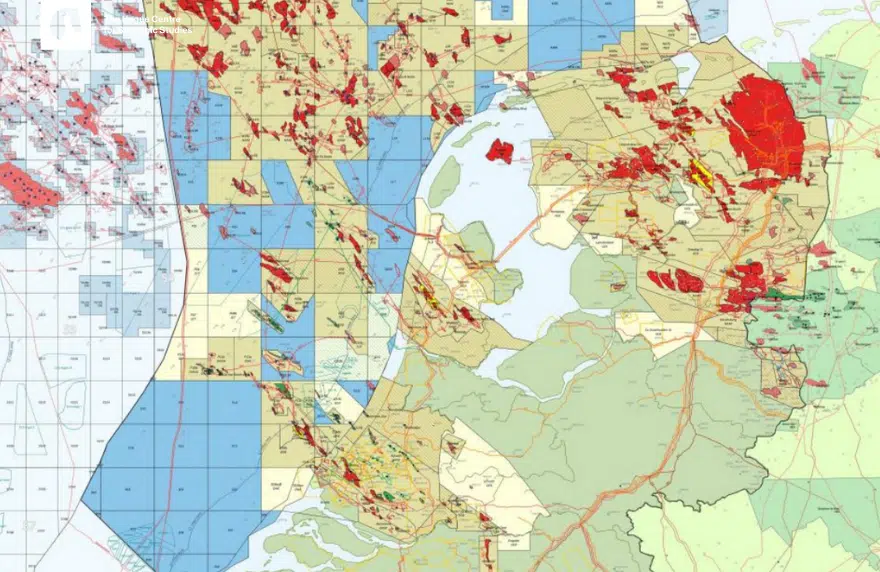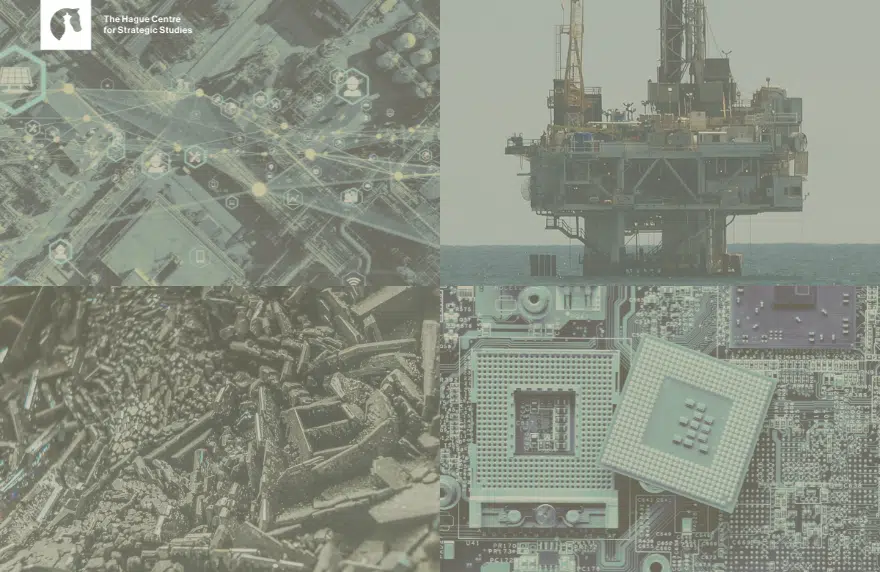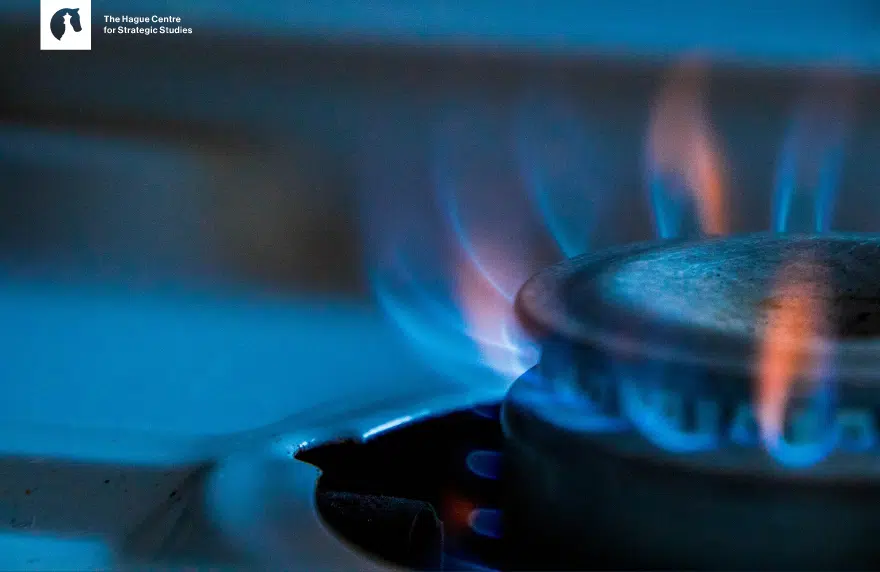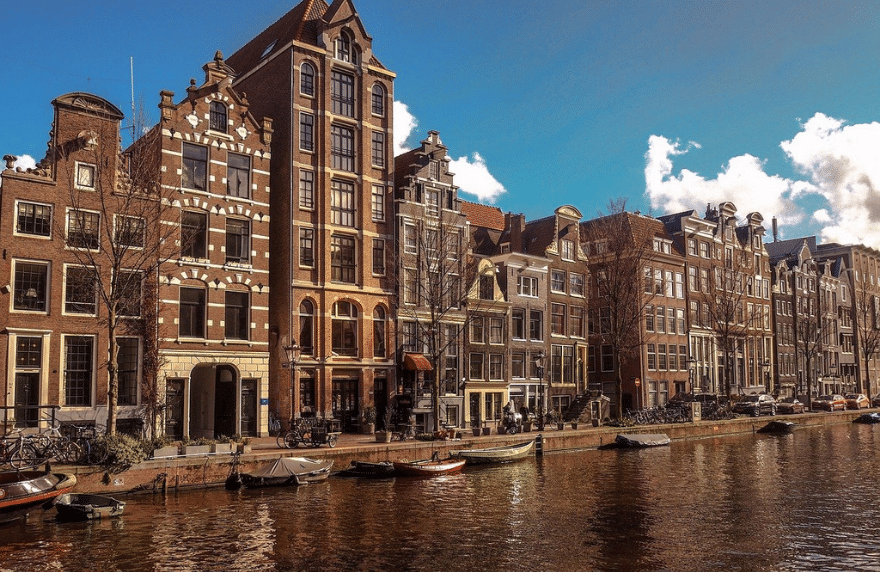Research
Over the last decade, long-term forecasts of Dutch natural gas production in small fields have consistently over-estimated production. The main reason for this is not technical or geological but rather an underestimate of the speed at which the business climate for the Dutch gas industry has deteriorated. Fewer projects than expected materialized; the projects that did materialize took a longer time than expected. Permitting procedures are taking a long time, especially after the introduction of a new mining law. The tax regime is less favorable than in the UK southern North Sea. Local governments often use all the options that the new mining law offers them to delay projects as much as possible.
The current low gas prices make it more difficult for Dutch gas producers to obtain funding. A low case forecast, assuming a further deterioration of the investment climate predicts that by 2030 Dutch natural gas production will have virtually ceased.
With Dutch natural gas consumption expected to be relatively constant over the coming decade, gas imports will rise drastically. Within the EU Dutch gas is, and will be, replaced by Russian piped gas and LNG imports. The total emission of greenhouse gases for imported natural gas is about 30% higher compared to Dutch gas (due to methane leakages and the energy required to transport gas over long distances). On a global scale, this negates all progress that is currently being made by increasing the share of solar and wind in the Dutch power mix.
Authors: Jilles van den Beukel, independent energy analyst (formerly a principal geoscientist at Shell) & Lucia van Geuns
Download the report here, or click on the PDF button on the top of this page.







